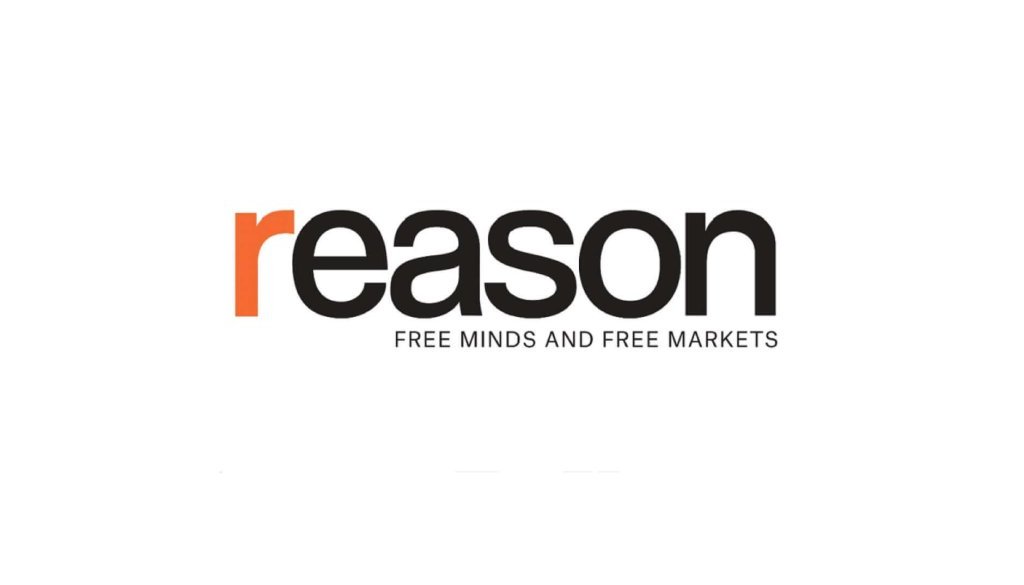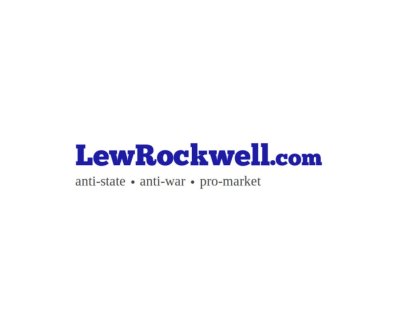Chicago Mayor Johnson’s Budget Betrayal Would Raise Taxes on Small Businesses
With Chicago facing an expected budget shortfall of nearly $1 billion next year, Mayor Brandon Johnson has unveiled his proposed 2025 budget. The plan not only reneges on the progressive’s campaign pledge to not raise property taxes but also includes a steep hike on alcohol taxes.
Independent liquor stores will bear the brunt of Johnson’s liquor tax. These small businesses are primarily immigrant-owned and are located in predominantly minority-populated neighborhoods of the Windy City. At the same time, Chicago continues to indulge in a decades-long spending spree that prioritizes everything from teacher pensions and art classes to fancy government office renovations.
Chicago’s financial woes are no secret at this point, and the mayor’s $17.3 billion proposed budget still includes a $982 million deficit. Johnson sought to fill the gap with a now-failed $300 million property tax hike alongside other “revenue enhancements” (a government euphemism for “we are raising your taxes”). Included in the dizzying array of budgetary numbers is a proposed ordinance to raise certain alcohol taxes by 34 percent.
Taxing alcohol has proven to be a popular idea among politicians as it often draws less scrutiny than income or property tax hikes. Therefore, it can act as a sort of backdoor revenue generator—but also one that is regressive in nature, given that it most significantly impacts lower-income populations that are less able to absorb the hike.
But the most severe threat posed by Chicago’s planned alcohol tax escalation is the impact it would have on small businesses in the city, including craft distilleries and neighborhood liquor stores. The Distilled Spirits Council of the United States has projected that the tax could result in $25 million in lost retail sales and cost at least 300 Chicagoans their jobs.
Like in many large cities, Chicago’s neighborhood liquor stores are often owned by Arab and South Asian immigrants and commonly operate in minority-populated neighborhoods. It is these small businesses that are most threatened by Johnson’s alcohol tax increase.
It is not a mere matter of dollars and cents. Many of these businesses are located in the South Side of Chicago, which borders the Indiana state line. This poses a particular problem given that the Hoosier State’s excise tax for distilled spirits sits at $2.68 per gallon. Chicago’s current rate—when combined with Illinois’ state liquor tax—is already over $13 per gallon.
“It is cheaper for Illinois retailers [such as neighborhood liquor stores] to buy at retail in Indiana than to buy at wholesale in Illinois,” wrote Sean O’Leary, former chief legal counsel of the Illinois Liquor Control Commission, on his Irish Liquor Lawyer blog. “These businesses are presented with many bad choices, cheat and buy at retail in Indiana so you can make a profit, follow the rules and be uncompetitive in the marketplace, or go out of business.”
The mayor’s alcohol tax would pot
Article from Reason.com

The Reason Magazine website is a go-to destination for libertarians seeking cogent analysis, investigative reporting, and thought-provoking commentary. Championing the principles of individual freedom, limited government, and free markets, the site offers a diverse range of articles, videos, and podcasts that challenge conventional wisdom and advocate for libertarian solutions. Whether you’re interested in politics, culture, or technology, Reason provides a unique lens that prioritizes liberty and rational discourse. It’s an essential resource for those who value critical thinking and nuanced debate in the pursuit of a freer society.



